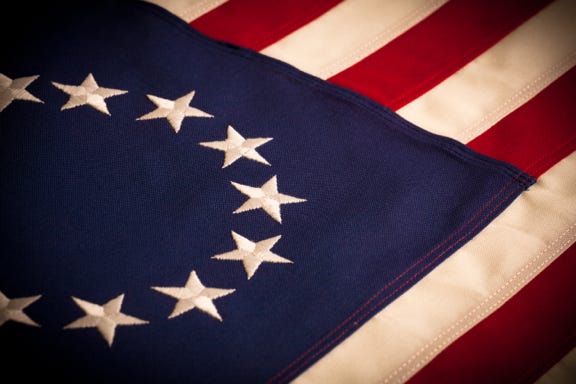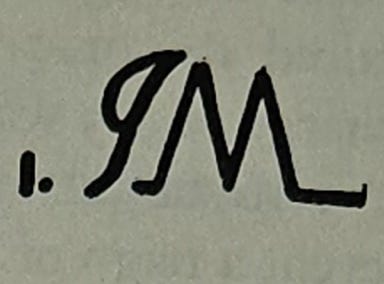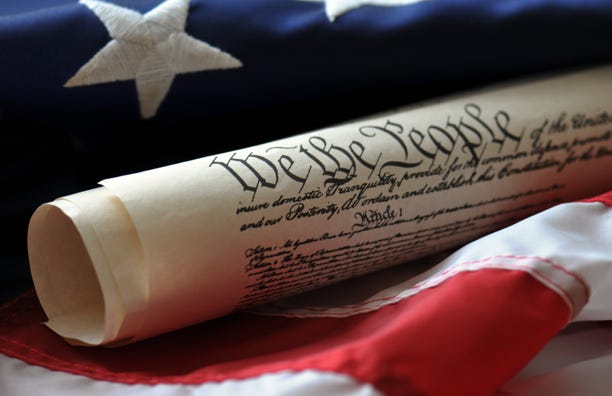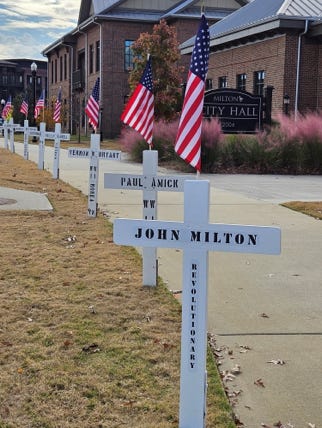

John Milton
John Milton was an American hero and patriot who played key roles in the shaping of our country and the great state of Georgia. Historic articles and documents refer to Milton as “a brave and worthy man”1 and “regarded in high esteem by his fellow countrymen as long as he lived, and is one of the most heroic figures in Georgia history”2, Milton County and the City of Milton, which was formed in 2006, are named in honor of John Milton.
Milton was born in 1740 in Halifax Co, North Carolina and is descended from Sir Christoper Milton, the younger brother of John Milton the famous poet. At some point prior to 1776, Milton relocated to Georgia as a planter.
Not know much about Milton’s early life. However, the patriotism he embodied in his fight for American independence and the early contributions that he made, which still benefit us today. According to documents, John Milton was among the first sign up in defense of Georgia and America in early January 1776 as an Ensign – approximately six months before the formal Declaration of Independence on July 4, 1776. Milton was assigned to the 4th Company in the Georgia Battalion reporting to storied names such as: Col. Lachlan McIntosh, Lt. Col Samuel Elbert and Major Habersham.
William Tylee Ranney (1813–1857)
Marion Crossing the Peedee (detail) 1850 Oil on canvas 50 1/8 x 74 3/8 in.
Amon Carter Museum of American Art, Fort Worth, Texas 1983.126
Milton rose quickly and was promoted to Lieutenant in November 1776. Circa February 5, 1777, Milton was named Secretary of State of Georgia. Milton served as Georgia’s first Secretary of State until 1799. On February 18, 1777, Lt. Milton was taken prisoner, along with others, at Ft. Howe and held at the Castillo de San Marcos in St. Augustine, FL. Lt. Milton was named Captain upon his release in September of 1777.
On December 6, 1778, Capt. Milton was ordered by Governor Houston secure official state records and the seal of Georgia and remove them from Savannah prior to the eminent fall to the British. Milton relocated the records to Purrysburg, SC. Due to concerns of further British advancement, on January 22, 1779, General Lincoln orders Capt. Milton to move the records once again to Charleston, SC. Capt. Milton was later named the Aide de Camp to General Lincoln and fought with him in the failed effort of the Siege of Savanna in late 1779.
After regrouping to Charleston, SC, due to the eminent attack by the British, on February 25, 1780, General Lincoln orders Capt. Milton to move the Georgia records and seal to Monck’s Coner, SC in care of Mr. Parker (State of SC Treasurer and caretaker of the South Carolina records). Capt. Milton was also given the order to find an alternate secure location should Mr. Parker or Monck’s Corner not be secure. Capt. Milton decides to take the records to New Bern, NC in care of the state of North Carolina. Ultimately, the records were later relocated to Maryland and retrieved after winning America’s independence.
While the account of Milton saving the records from the British are well known, what is has not been widely documented is the remarkable accounts of Milton’s military service. After hiding the Georgia records in New Bern, NC in Spring of 1780, Capt. Milton returns to South Carolina and joins with Col. Francis Marion, the famous “Swamp Fox”. Later that summer, Capt. Milton accompanies Col. Marion to Hillsboro, NC. to meet with General Gates and other officers in the Continental Army. It is at this meeting in August, which Col. Marion is given the order to take command of and recruit militia in central South Carolina to destroy boats on the Santee River and prevent General Cornwallis’ retreat from Camden.
The Battle of Kings Mountain, October 7, 1780
Painted by Don Troiani, Southbury, Connecticut, 2006
Oil on Canvas, Private Collection
It was with these orders that Capt. Milton served as one of Marion’s original men who carried out these orders and caused havoc for the British with their unconventional warfare. Capt. Milton also fought along side Col. Marion in victories at the Battle of Mingo Creek and the Battle of Kings Mountain. Capt. Milton was named the Aide de Camp to Marion in January of 1781 upon Marion being named Brigadier General and thus, formally becoming one of Marion’s Brigade. Capt. Milton retired from military service on July 15, 1782. He was recommended and promoted to Major at the end of 1782. Later in life, Milton is referred to as Col. Milton in various newspaper articles.
In a letter to General Gates on November 20, 1780, then Col. Marion says of Milton, “The Bearer Captain Milton will Inform you what Difficulty I have & do now struggle with, and can give you full Satisfaction of my conduct, as he has been with me ever since I left you.” “I beg recommend him to you as a Brave and Worthy man, who merits much from his country;” This letter demonstrates the high regard Marion had of Milton and verifies that Milton had been among the first to fight at his side for American independence.
At some point during 1780, Milton courts and marries Hannah Spencer of South Carolina. Ms. Spencer was related to the historic figures: South Carolina Governor Rutledge and Generals Moultrie and Pickney. Milton’s first son, Homer Virgil Milton, was born in 1781. Homer Milton went on to become Col. Homer Milton and fought in the war of 1812. A prominent Milton legacy was forged by Homer and his siblings of those who served in the military, a Governor of Florida, a first lady of Georgia, a U.S. Senator and great grandson, Jeff Milton, who went on to become a Texas Ranger and the first U.S. Customs and Border Patrol Officer in the United States.
John Milton retired from the military on July 15, 1782 and was recommended for promotion to Major. By May 1801, Milton had obtained the rank of Colonel according to a marriage announcement of Homer Milton. In addition to serving as Secretary of State until November 1799, Milton also served as a Notary, Trustee, the first Secretary for the Georgia Chapter of the Society of the Cincinnati and as the second Mayor of Augusta from 1792 – 1794.

John Milton Cattle Brand

While Milton’s accomplishments and service are impressive, none may be more important than two roles which forever solidified America’s greatness. First, Milton served as a Delegate to numerous Georgia conventions – including as one who signed and ratified the U.S. Constitution making Georgia the 4th state in the Union on January 2, 1788. John Milton was also selected as one of five Electors to represent Georgia in our first Presidential election of 1789. Each Elector was given two votes. All five voted for George Washington. John Milton also received two votes from the Georgia Delegation.
John Milton passed away on October 17, 1817. He was a patriot to whom we thank for fighting for American independence and his contributions to our country and the State of Georgia. Despite Milton’s key roles and respect of others, his final resting place is unknown and there is no known portrait of him. The Milton Historical Society will continue to work to find John Milton and further preserve his legacy.

In October of 2023, the Milton Historical Society announced the acquisition of two official state documents written and signed by John Milton as Secretary of State of Georgia.
Source Content Includes – Family records, federal, state and county documents and books, Georgia Historical Society, Georgia Department of Archives and numerous other historic books and documents.
1 Swamp Fox – The life and campaign of Gen. Francis Marion; Bass; p96
2 Newnan Herald and Advertiser – March 19, 1897
Letter of Appointment to Justus Scheuber by Governor Telfair, February 13, 1786
Report on behalf of incoming Governor Jackson regarding security concerns at his office, February 7, 1798
SUPPORT THE HISTORICAL SOCIETY